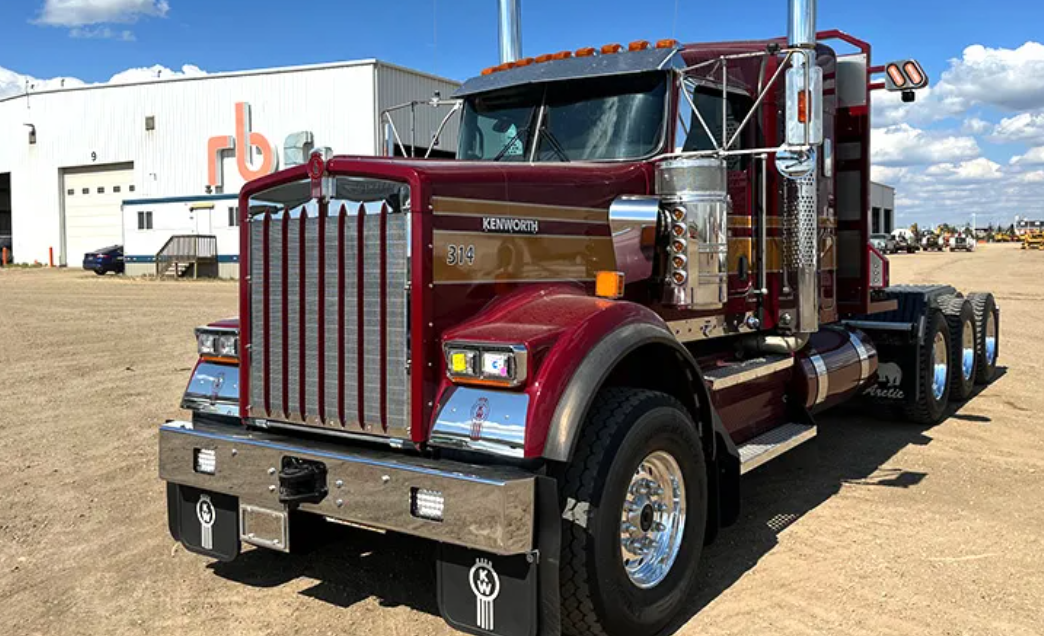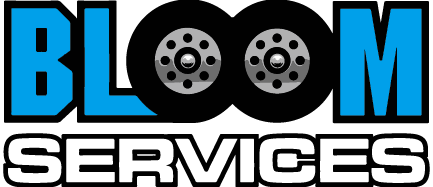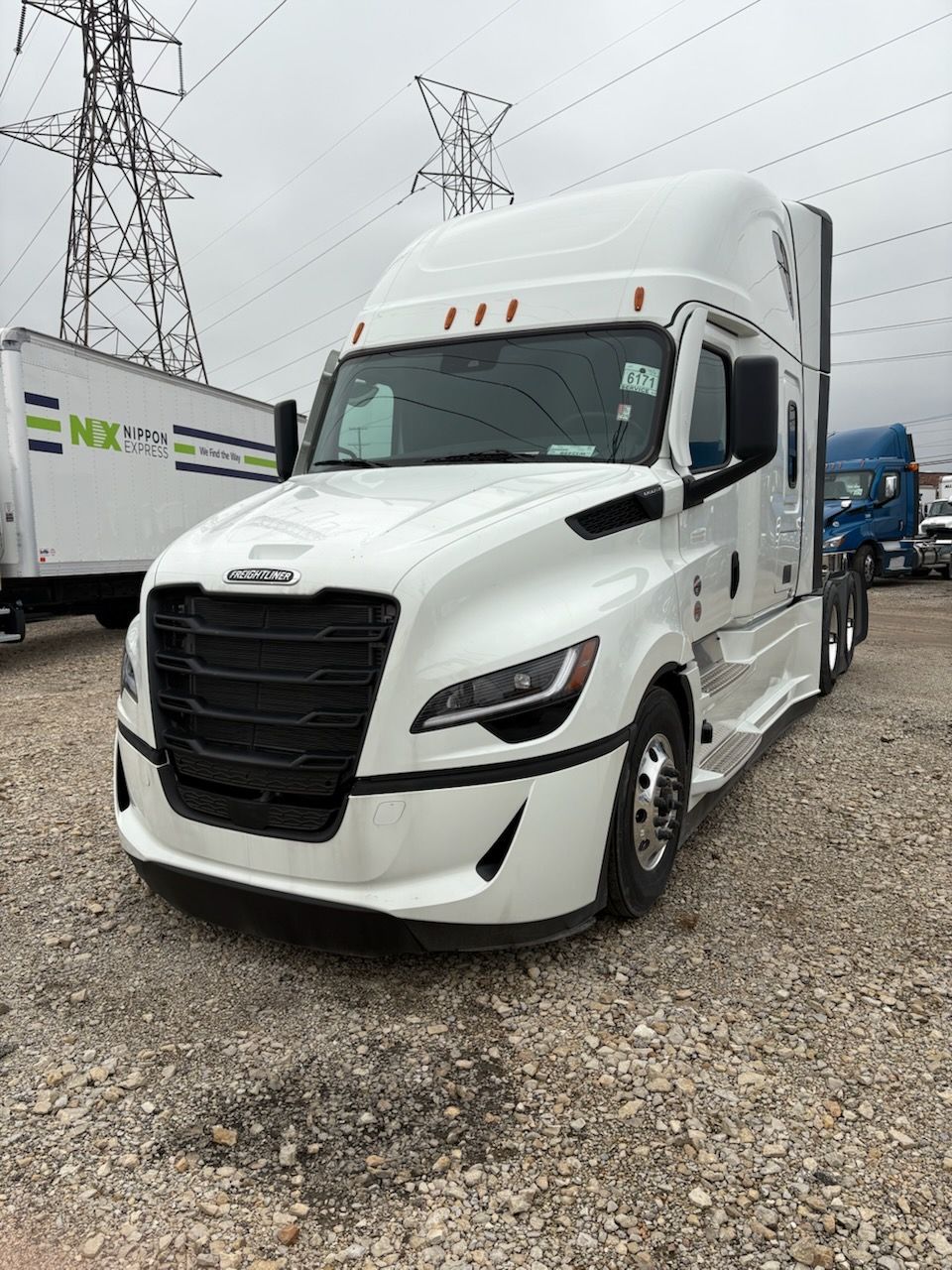5 Common Trucking Fraud Scams
Share this Article:
How to Avoid Them

In the ever-evolving world of trucking, fraud targeting drivers, carriers, and brokers is becoming increasingly common. Scammers are exploiting vulnerabilities in the logistics system, resulting in significant financial losses. Below, we’ll dive into five of the most frequent trucking fraud scams, how they operate, and actionable tips on how you can protect your trucking business from becoming a victim.
1. The Load Scam
The Load Scam is one of the most prevalent fraud schemes in the trucking industry. Scammers often impersonate legitimate carriers to book loads on freight boards. After securing a load, they request a fuel advance, claiming it is needed for over-the-road expenses. Fraudsters may even provide a falsified bill of lading to prove the load has been picked up. However, once the fuel advance is issued, the scammer disappears, leaving brokers without a carrier and a hole in their finances.
In some cases, the fraudulent carrier will pick up the load and hold it for ransom, demanding immediate payment via electronic funds transfer before releasing the freight.
Prevention Tip: Always verify carrier identities through multiple sources before issuing a fuel advance. Use trusted platforms for verification and build long-term relationships with reputable freight brokers.
2. The Driver in Need Scam
The Driver in Need Scam is commonly found at truck stops. Scammers pose as legitimate drivers, often gaining information by loitering around truck stops and eavesdropping on real drivers. They then call the dispatch of a trucking company, claim to be a driver from the company, and request a cash advance for fuel or repairs. Dispatch, thinking they are helping their driver, falls victim to the scam.
Prevention Tip: Implement stringent verification processes, such as requiring company-issued driver IDs, two-factor authentication, or secret PINs before issuing any cash advances.
3. False Freight Claims
False Freight Claims occur when a driver is not allowed to supervise the loading of freight. After the trailer doors are sealed, the driver is asked to sign a bill of lading without inspecting or counting the cargo. When the delivery is made, the piece count is short, leaving the carrier liable for the missing items. This scam takes advantage of the security measure (sealed doors) to manipulate the freight count.
Prevention Tip: Ensure that drivers are allowed to supervise or document the loading process. If supervision is not possible, require clear documentation from the shipper acknowledging that the driver was not present.
4. The DOT Scam
The DOT Scam has two primary variations. In the first, scammers impersonate Department of Transportation (DOT) officials or police officers and claim that a trucking company has violated DOT regulations. They demand immediate payment to resolve the issue on the spot. The second variation involves sending fraudulent letters to trucking companies, threatening fines if they do not pay for a DOT renewal service.
Prevention Tip: Remind drivers and employees that legitimate DOT fines and renewals can only be handled through official channels, such as the FMCSA website, which provides these services for free. Train your staff to recognize suspicious calls or letters.
5. The Repair Shop Scam
In the Repair Shop Scam, fraudsters claim they’ve performed urgent repairs on your truck and demand immediate payment before releasing the vehicle. To seem legitimate, they may provide details like the vehicle’s number, license plate, and even the driver’s name. In some cases, they’ll send a false invoice to the trucking company, charging for services that were never rendered.
Prevention Tip: Make sure your drivers understand that any repairs must be approved by the company before payment is made. Verify invoices and always communicate directly with repair shops.
How to Avoid Trucking Fraud Scams
These five scams are just the tip of the iceberg. Other forms of fraud, such as double brokering and staged truck crashes, can also wreak havoc on your operations. Fortunately, most of these scams are preventable if your trucking company takes the right steps.
Here are a few key ways to protect your business from trucking fraud:
- Verify all payments and advances: Double-check the identity of anyone requesting an advance or payment by cross-referencing multiple data sources.
- Strengthen security protocols: Protect your trucking operations by implementing robust security procedures and regularly reviewing them.
- Train your employees: Ensure that your drivers, dispatchers, and administrative staff are aware of common scams and know how to report suspicious activity.
- Use trusted load boards and brokers: Partnering with reputable brokers and using verified platforms can reduce your exposure to fraudulent schemes.
Final Thoughts
Fraud in the trucking industry can lead to devastating financial consequences, but it’s avoidable. By staying informed, verifying requests, and strengthening your internal processes, you can protect your trucking business from becoming a victim. Make fraud prevention a priority in your operations, and educate your team to stay vigilant.
By proactively preparing for these common scams, you’ll not only safeguard your operations but also maintain trust with your partners and clients. Fraud awareness and prevention are key to keeping your trucking business on the road to success.
By incorporating these tips into your trucking operations, you can minimize the risk of falling victim to these prevalent scams. For more tips on how to protect your trucking business, explore our blog or contact us today!



